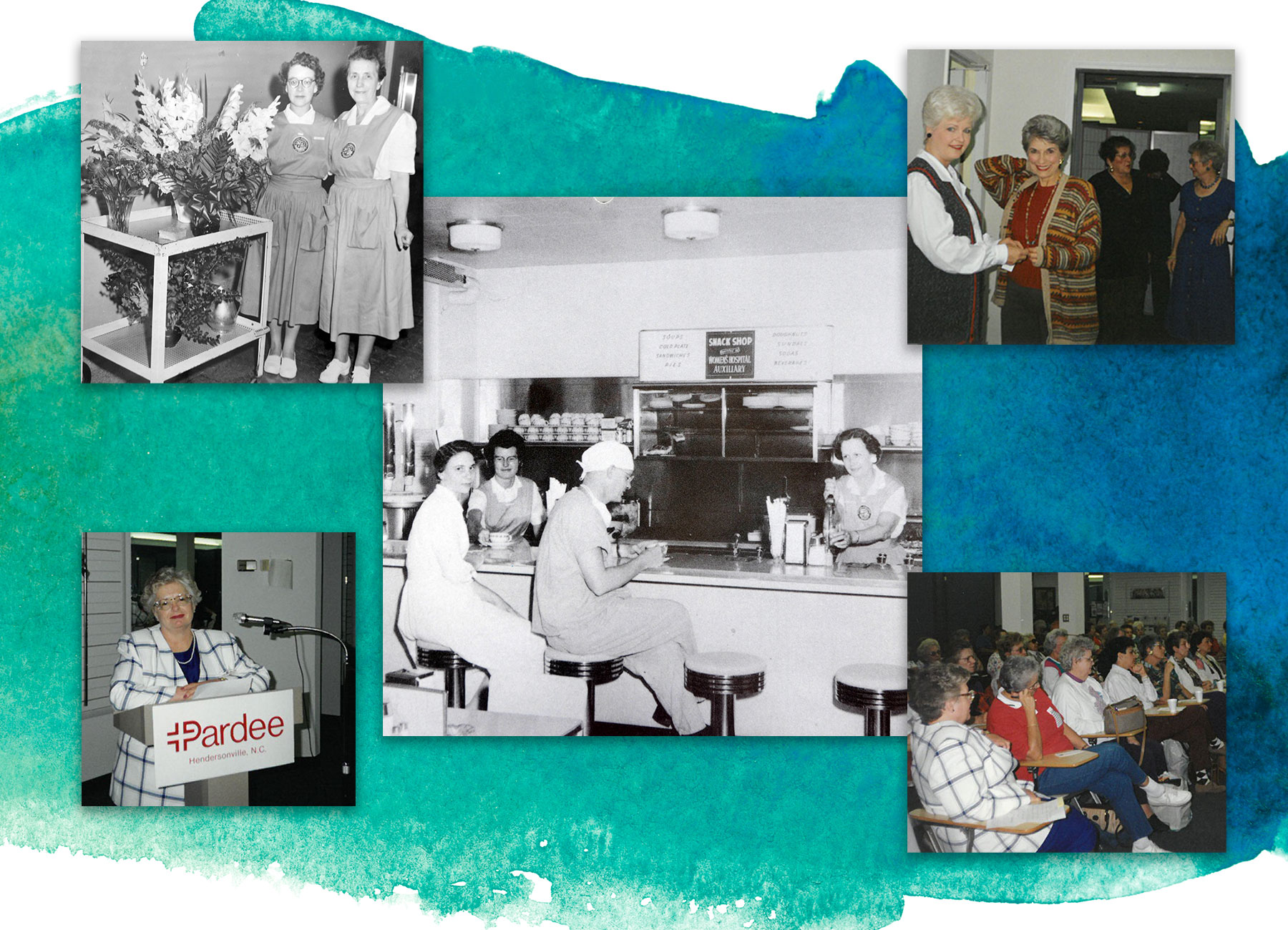What is aphasia?
Aphasia is a condition that impacts a person’s ability to speak, understand others and read. It affects an estimated one million people in the United States.
Aphasia occurs when the language-dominant left side of the brain is damaged. This damage can be caused by a:
- Stroke
- Head injury
- Infection
- Brain tumor
- Progressive neurological disease, such as dementia
Stroke is the most common cause of aphasia. Approximately 40% of stroke survivors live with some form of aphasia.
There are two main categories of the condition:
- Nonfluent aphasia: This form makes speech difficult and can cause a person to skip certain words when speaking.
- Fluent aphasia: Speech may be easier with this form of aphasia, but the person’s words may not make sense.
Symptoms of aphasia
Generally, aphasia affects all forms of communication, though symptoms can vary depending on the type and cause of aphasia. For example, one person with aphasia may have difficulty speaking, but be able to write well, or vice versa.
Symptoms can include trouble:
- Speaking
- Understanding what others say
- Finding the right words
- Reading
- Writing
- Processing long or uncommon words
- Doing math
Aphasia treatment options
The most common aphasia treatment options include:
- Speech-language therapy to help improve communication skills
- Nonverbal communication therapy using gestures, assistive devices like computers and photos to communicate
- Group therapy for those with aphasia and their loved ones
Sometimes, aphasia can resolve on its own. However, most people will aphasia will continue to have communication issues even after treatment. This is why it’s particularly important for those with aphasia and their loved ones to learn effective communication tools.
How to communicate with someone who has aphasia
Aphasia is a challenging diagnosis for both the person with the condition and their family and friends. Many people with aphasia know what they want to say, but have trouble getting the words out.
If you have a loved one with aphasia, do your best to be patient, encouraging and empathetic. Here are some tips for improving communication:
- Ask yes-or-no questions rather than open-ended questions.
- Maintain eye contact when speaking.
- Reduce noise and distractions by turning off the TV, radio or loud appliances.
- Speak at a normal volume, unless the person with aphasia has a hearing impairment.
- Speak slowly to give them time to process what you say.
- Break down instructions into smaller sentences and steps to make them easier to understand.
- Avoid correcting them or finishing their sentences.
Communication tips if you have aphasia
If you have aphasia, working with a speech-language therapist can be very beneficial. You can also:
- Use assistive devices (like a computer), photos or gestures to help communicate with your family, friends and health care team.
- Stay as social and active as possible to practice the communication skills you learn in speech-language therapy.
- Keep a card in your wallet that says you have aphasia and explains what it means.
- Have a pen and paper to write down what you want to say.
Aphasia prevention
While not all forms of aphasia are preventable, the best thing you can do is take steps to lower your risk of a stroke. You can do this by:
- Maintaining healthy blood pressure and cholesterol levels
- Exercising regularly
- Eating a healthy diet
- Not smoking
If you have symptoms of aphasia, contact your primary care provider. Find a provider near you.





